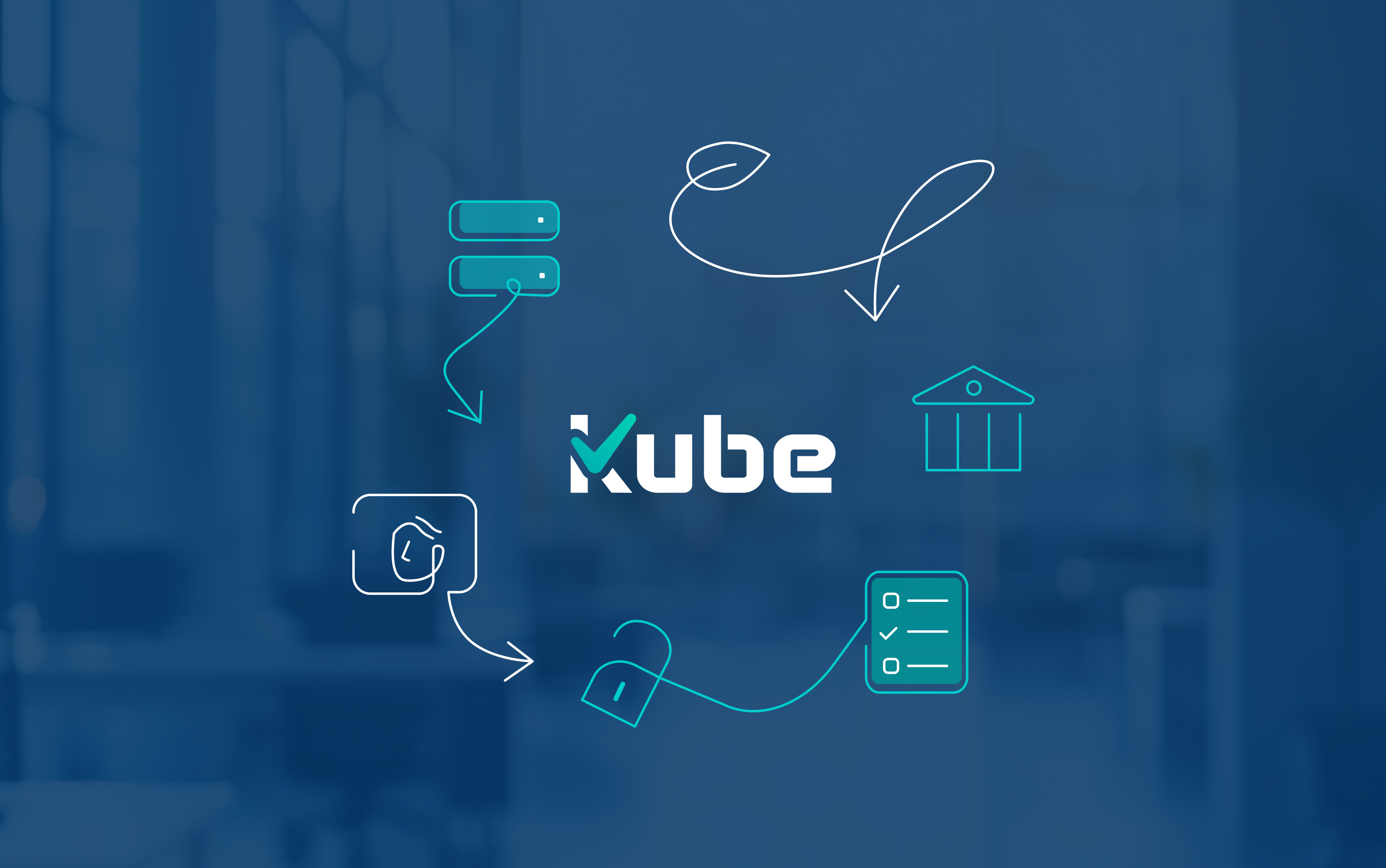Extract Insights with AI in Double Materiality Assessments
In our previous blog we identified the importance of a doing a good DMA and how it will save you time later on.
Let’s recap: Conducting a robust Double Materiality Assessment (DMA) is essential for a successful CSRD reporting journey, as it can save significant time and effort later.
Understanding the Complexity of DMAs
DMAs are complex and subject to audits, involving the identification of potential impacts, risks, and opportunities (IROs) across various domains such as climate change, biodiversity, social issues, and governance. This process requires thorough research of internal and external documents to create a shortlist of relevant IROs.
Challenges in Identifying the Right IROs
Identifying the right IROs is particularly challenging. Traditionally, determining which potential impacts, financial risks, or opportunities are relevant for further investigation demands weeks of desk research and extensive domain expertise. In large organizations, this process requires a coordinated effort, as valuable knowledge is often dispersed across various departments.
Introducing Karomia: Your Solution for DMA
Enter Karomia. We recognized these complexities early on and designed a solution that supports you through the entire DMA process, from A to Z. Our solution is built on the concept of AI-first. It’s not just a product with an integrated AI chatbot; it’s a comprehensive AI engine at its core.
Let’s zoom in on how we challenge the traditional methods of IRO identification and why this is valuable to you (our clients).
Simplifying Compliance without ESG Expertise
First of all, you don’t need ESG expertise or domain knowledge to achieve compliance, so forget about panic hiring consultants to do the work for you. You also don’t need to spend weeks of work in our platform. Simply provide us with the domain knowledge you have: descriptions of your activities, products, services, and relevant documents. These can be internal documents like policies, reports, spreadsheets, interviews, surveys, complaints, and board notes, or external documents such as competitor information, industry reports, and scientific sources.
Leveraging AI for Insight Extraction
Our AI engine searches for relevant information in all your documents on each of the ESRS topics. It does this for both internal and external documents, extracting two types of insights: Quantitative (e.g., total MWh of energy consumed) and Qualitative (e.g., handling of customer complaints and whistleblower notifications). These insights are categorized per ESRS subtopic, e.g. ‘Water pollution’.
Benchmarking with External Insights
External document insights are used to establish performance benchmarks for each subtopic, enabling comparisons with industry standards or competitors. Internal document insights help particularize and evaluate your IROs against these benchmarks.
Real-World Example: Efficient IRO Extraction
For instance, one of our larger industrial clients provided 200 documents totaling over 5000 pages. Our AI engine extracted around 800 internal and 800 external insights—approximately 40 insights per subtopic—covering topics ranging from scope 1, 2, and 3 emissions and energy consumption to whistleblower policies and supplier screening processes.
Benefits of Karomia’s AI-Driven Process
The result? A fully transparent, traceable, and automated method for identifying highly relevant and accurate impacts, risks, and opportunities, benchmarked against industry trends and competitors. Each insight is meticulously linked to its source document, down to the page number. Additionally, every IRO is accompanied by a pertinent question and context, guaranteeing comprehensive and precise DMA reporting.
Receive updates and best practices on all things ESG reporting each month.
Read More



